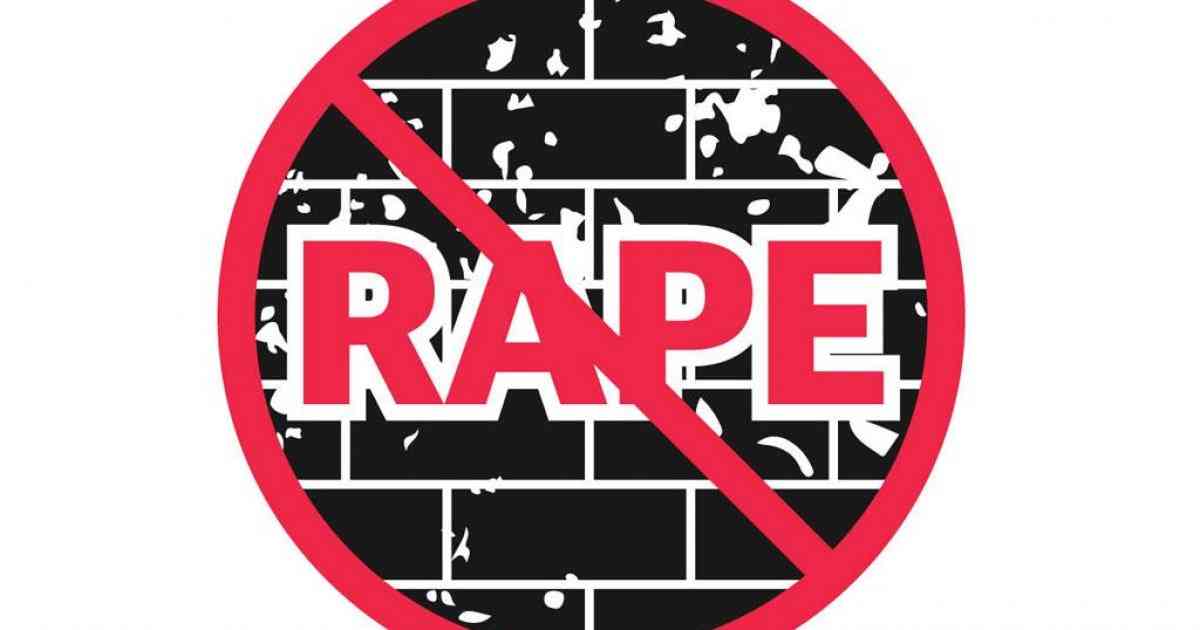
The Insiza Rural District Council has imposed stringent laws that block the preparation, manufacturing, storing, depositing and selling of food in an environment that poses a health risk to consumers.
According to Statutory Instrument (SI) 133 of 2025, council issued a prohibition against the sale or storage of food in unsuitable premises.
A section of the SI states that no food will be prepared, manufactured, stored, deposited, sold or exposed for sale in or on any premises if the condition, situation or construction of the premises is in such a way as to expose such food to the risk of contamination.
“The sale, preparation, manufacture, storage and exposure for sale of food shall be done from premises approved by council,” the new law says.
On cleanliness of premises, the by-law states that every person who sells, prepares, manufactures, keeps, stores, deposits, conveys, handles or exposes for sale any food in or on any premises shall keep the premises clean
and in good order, repair and condition.
It further indicates that sellers shall cause all containers, utensils or equipment with which food comes into contact or are liable to come into contact, to be kept clean and in good repair and condition to enable them to be thoroughly cleaned; and to prevent any contamination of food.
The council also stipulated that people should keep all working surfaces clean and take steps to protect the food from the risk of contamination.
- The gods must be crazy
- Mnangagwa mourns Major-General Nyathi
- Insuring against disaster: The politics of protection
- Five awarded hero status
Keep Reading
The new law indicates that people should not place any food lower than 500 millimetres from the ground on any pavement or in or about any forecourt or yard.
It further indicates that vendors should ensure that open food, while displayed or exposed for sale, or during delivery, is kept covered or otherwise effectively screened so as to prevent any infection or contamination thereof.
Traders, according to council, should ensure all food is stored in a manner that permits thorough cleaning of the storage facilities.
Council also wants traders to ensure that insecticides and pesticides are stored and used in a manner that avoids any possible contamination of food.
The council stipulated that every person who is employed in the handling of open food would be registered by council.
“Immediately upon a person engaged in the handling of food becoming aware that he or she is suffering from or is a carrier of typhoid, paratyphoid, cholera, tuberculosis or any other salmonella infection, dysentery, infectious hepatitis or any staphylococcal infection likely to cause food poisoning, he or she shall notify his or her employer, who shall immediately notify the environmental health officer or official assigned or appointed by council,” the IS said.
“Provided that where the person required to give such information is either the employer or is self-employed, he or she shall give the information immediately to
council.”









